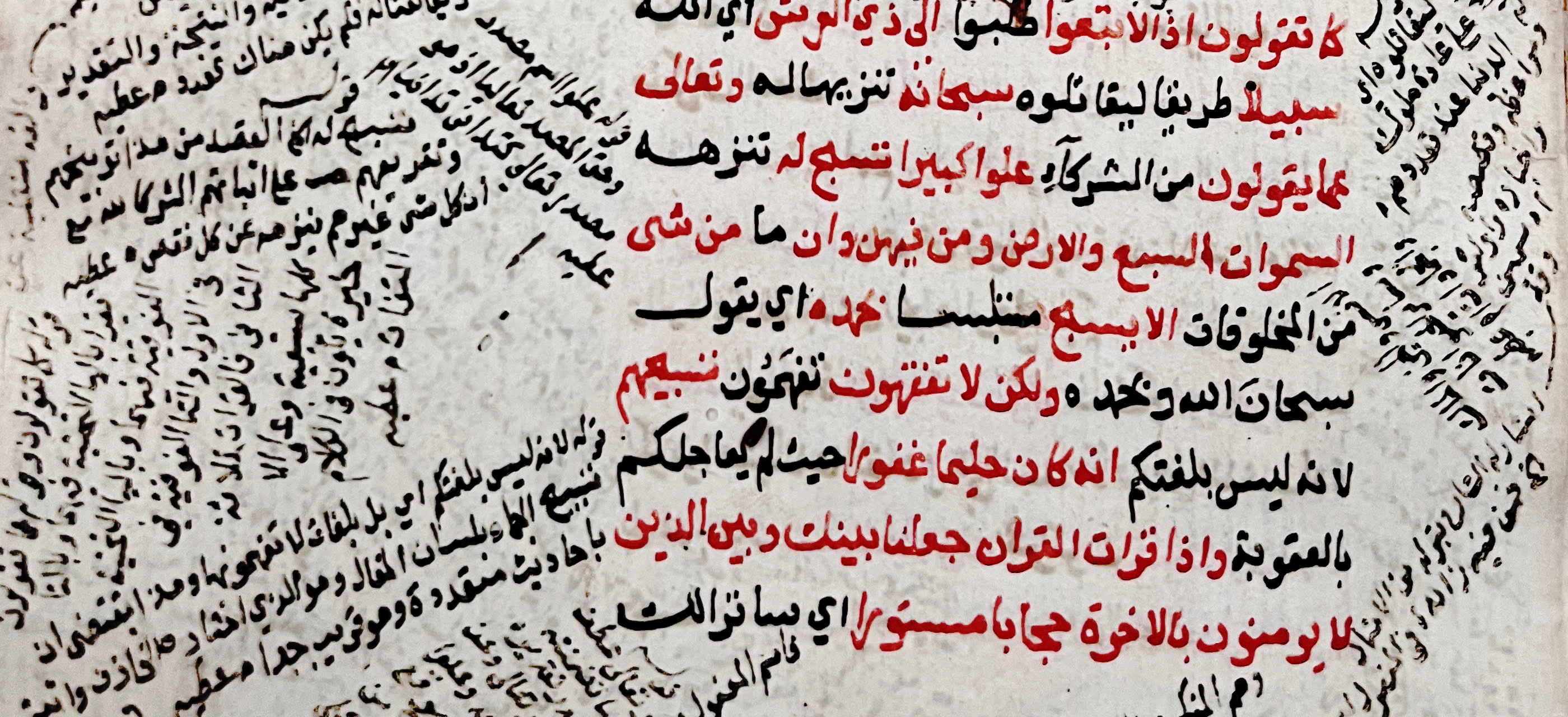Co-designing the pedestrian revolution in Muscat
Contenu
- Titre
- Co-designing the pedestrian revolution in Muscat
- Créateur
- De Siqueira, Gustavo Voir tous les contenus avec cette valeur
- Balushi, Amal al- Voir tous les contenus avec cette valeur
- Date
- 2020
- Dans
- City, Territory and Architecture Voir tous les contenus avec cette valeur
- Résumé
-
Abstract
Rapid growth coupled with the prevailing land allocation system in Oman led to a shift from compact dwellings typologies to detached single-family houses, arranged in monofunctional zoning systems that exclusively rely on cars. Due to the sprawled transformation, authorities are unable to provide new neighborhoods with basic infrastructure and attractive open spaces. Consequently, the level of non-communicable diseases is increasing, making urban regeneration programs promoting active lifestyles in built environments a matter of public health. In our research we explore participative-planning strategies to enhance pedestrian activity within existing neighborhoods and regenerate public spaces. We conducted a quantitative survey using a standard walkability scale and physical maps to identify barriers to pedestrian activity. Subsequently, we employed the data to frame culturally sensitive co-creation workshops, gaining in-depth knowledge to guide future redesign proposals. We found that mosques are walking magnets yet engender contrasting views with regard to walkability; finding solutions to the spatial problems could develop them into walkable cores. We also observed that residents were aware of health problems caused by lack of physical activity and how that links with the built environment they inhabit. They were eager to discuss solutions, including alternative governance models, as long as the process was short and produced immediate small interventions with high-level impact on their surroundings. We employed a fine-grained combination of methods to address site-specific challenges. Its quantitative data allows the insertion in a broader discourse and the linkage to a large body of research in walkability. Co-creation workshops, especially city games, proved to be a powerful tool to initiate dialogue on complex spatial negotiation, even in societies where participatory approaches do not have a well-established tradition. - Langue
- eng
- volume
- 7
- numéro
- 1
- pages
- 11
- Titre abrégé
- City Territ Archit
- doi
- 10.1186/s40410-020-00119-6
- issn
- 2195-2701
De Siqueira, Gustavo et Balushi, Amal al-, “Co-designing the pedestrian revolution in Muscat”, 2020, bibliographie, consulté le 5 février 2025, https://ibadica.org/s/bibliographie/item/23545
Position : 2187 (32 vues)

